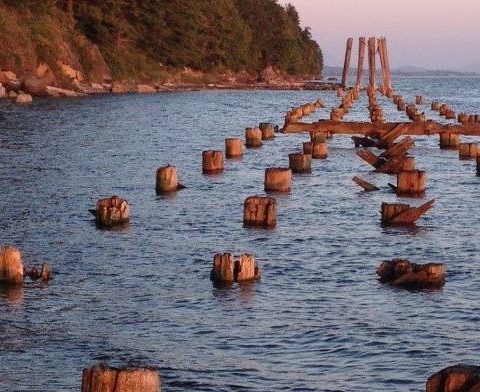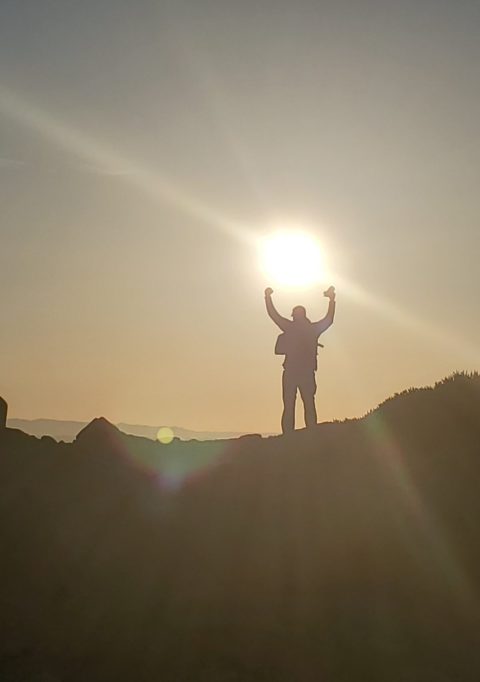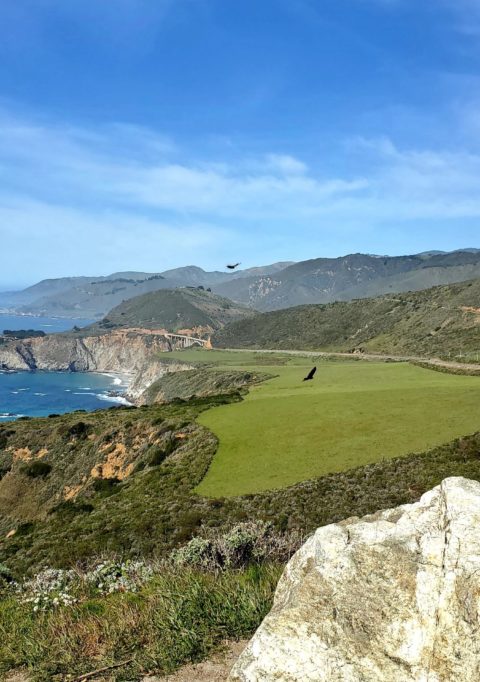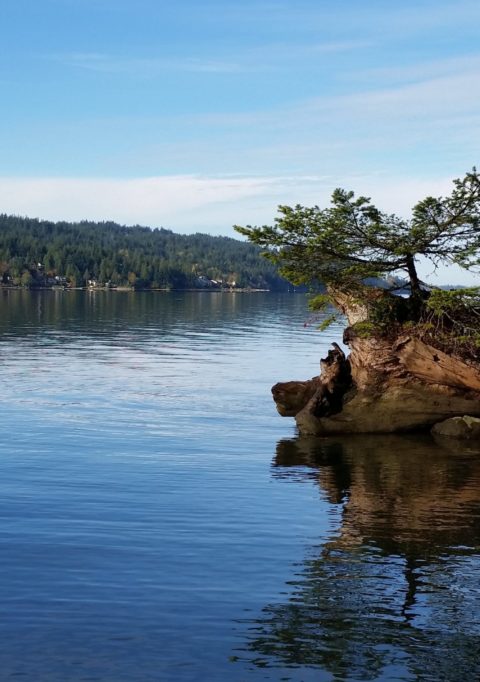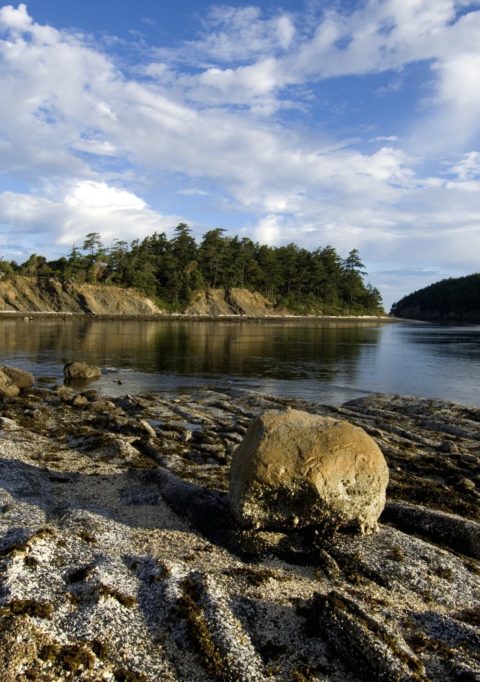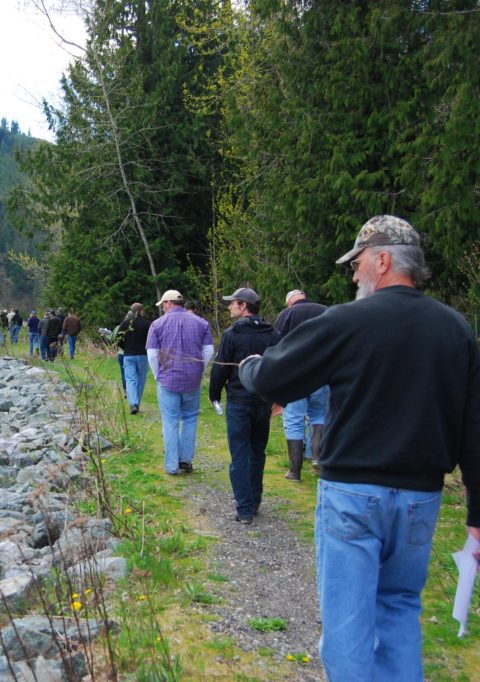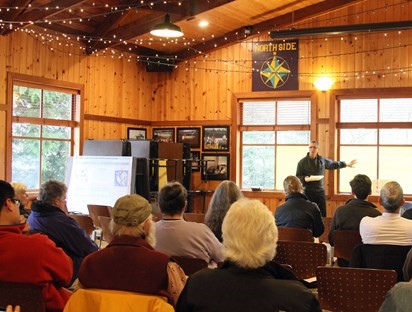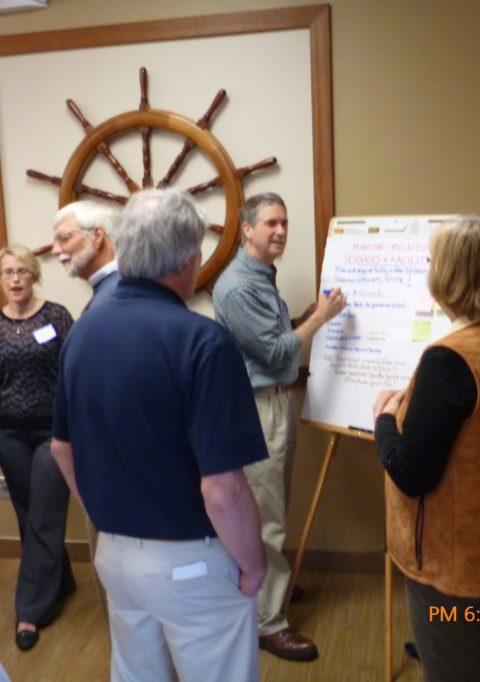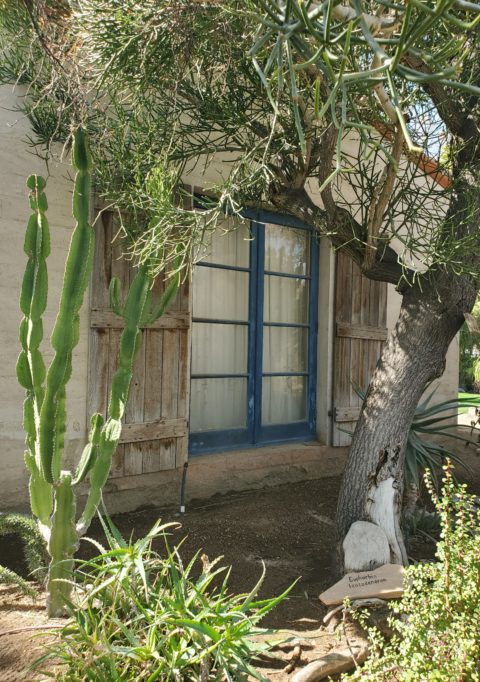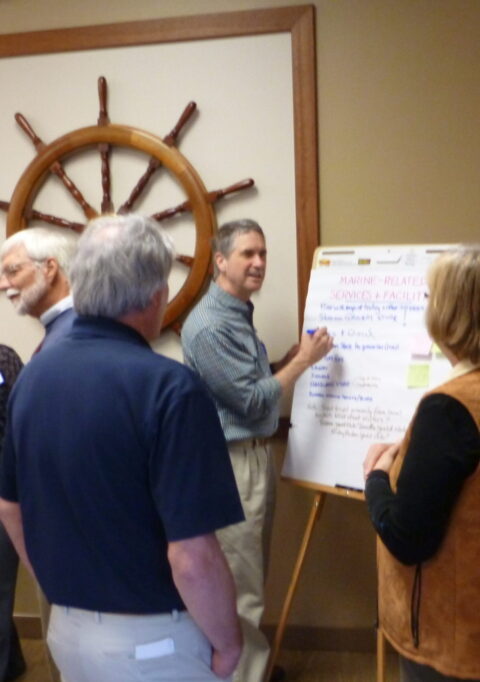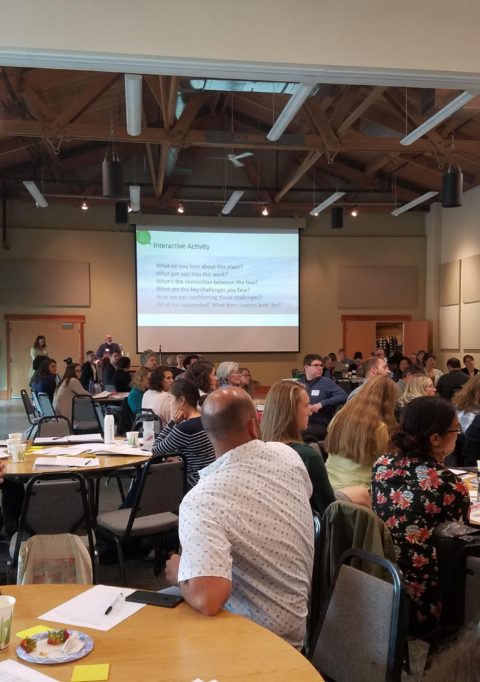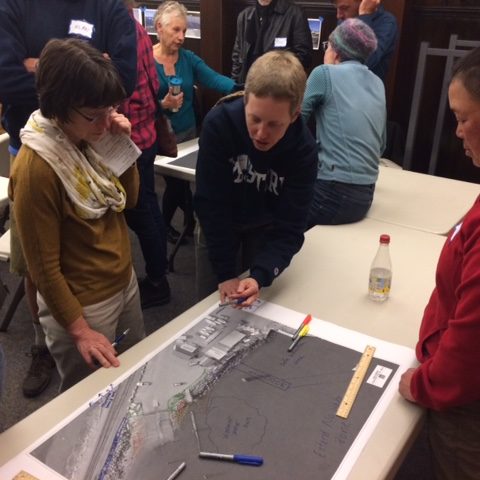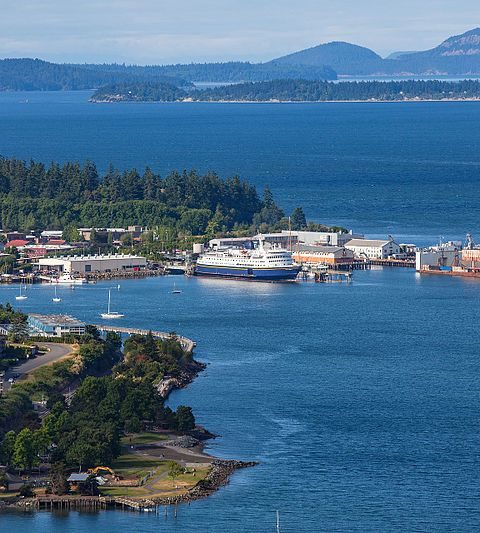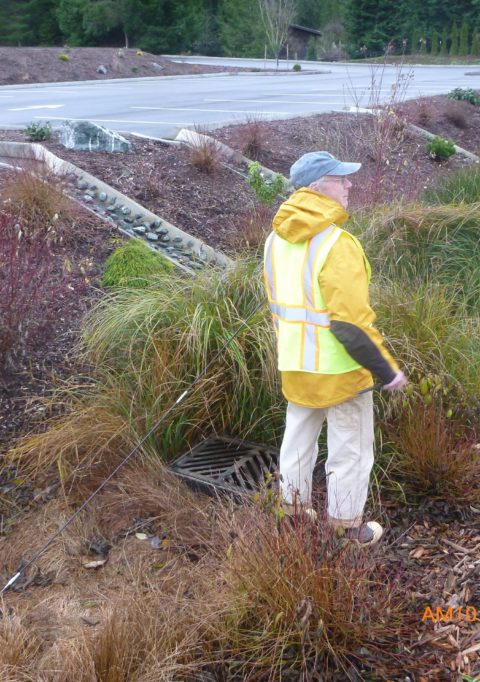No-Anchor Zone Social Marketing Campaign
Client: Washington Department of Ecology
Case Study: Peak and Shew Design developed a social marketing campaign to improve voluntary no-anchor zone compliance by recreational boaters in the Northwest Straits region. No anchor zones aim to protect eelgrass beds from recreational boater anchors. The project goal was to build a consistent strategy across all partners to improve voluntary compliance by recreational boaters in the Northwest Straits region.
Peak identified target audiences, reviewed existing local programs and those outside our region, and examined which strategies have worked elsewhere. Peak conducted numerous interviews and several focus group meetings with stakeholders to identify what might help or hinder boaters from anchoring outside of No-Anchor Zones. Our team worked with Shew Design to develop key messages, recommended strategies to convey key messages to the target audience, and a toolkit including a logo, printed materials, and digital communications.
Impact: A consistent strategy and targeted communication and messaging across all partners will improve recreational boater voluntary no-anchor zone compliance in the Northwest Straits region. According to NOAA, eelgrass forms the base of a highly productive marine food web with key benefits such as foraging and sheltered areas for young fish and invertebrates, food for a variety of aquatic creatures and birds, and eelgrass surfaces as places to spawn. They also trap sediment, reduce coastal erosion and stabilize mudflats, as well as reduce the force of wave energy. Eelgrass is critically important in ensuring a healthy aquatic ecosystem.
